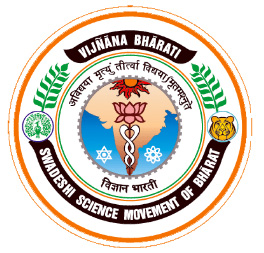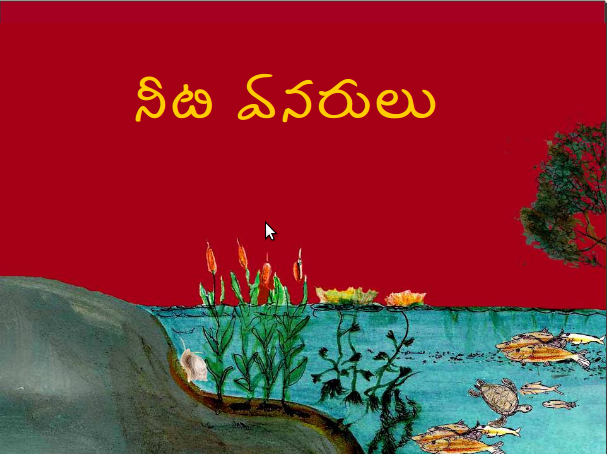Maharashtra
Water Jobs via DevNetJobsIndia.org dated October 06, 2010
Posted on 06 Oct, 2010 10:22 AM- Publication and Documentation Officer
Watershed Organisation Trust (WOTR)
Location: Pune
Last Date: October 16, 2010
National Water Academy training programme on Hydrological Review of Existing Projects, Pune
Posted on 05 Oct, 2010 01:50 PM
Organizer: National Water Academy (NWA)
Description:
National Water Academy (NWA) is a training institution of the Ministry of Water Resources, Government of India. NWA conducts training programs that cover all aspects of water resources development and management at basin scale, viz. hydrology, hydrometry and telemetry; flood management; investigation, planning and formulation of river valley projects; environmental and social aspects of river valley projects; design of dams /barrages /canals /gates/ hydro-power structures and FEM; dam safety and instrumentation; GIS and Remote Sensing; Hydro-informatics; IWRM; Water Policy; etc.
Protect the right to life considering the dignity of women who do not have access to a toilet
Posted on 30 Sep, 2010 10:26 AMSanitation - a big problem in India, as half the population of our country do not have access to this facility. Mumbai is one of the biggest cities in the world and advanced in terms of its commercialization. However, sanitation is one of the most common issues neglected. Our team of women from Jan Jagruti went into the lanes of 3 areas Azad Mohala, Bharatiya Kamla Nagar, Vijay Nagar and spoke to women to understand the severity of the sanitation issue prevailing. These areas have severe problems with public health, due to improper sanitation infrastructure and insufficiency of toilet facilities, compounded by numerous issues of flooding during the monsoon season. Khaaddi, a local area/dumping ground, is widely used by local residents for urination and defecation, leading to the spread of contagious diseases. Though women use paid toilets, the issue of cleanliness and waiting in long queues are the most common problem before them. It is very insecure for them when they use open spaces for defecation.
India Infrastructure Report 2011 on Water - Call for papers
Posted on 21 Sep, 2010 02:22 PM Papers may address one or more of the following areas:
Papers may address one or more of the following areas:
Situation analysis
- Studies assessing current and future water situation in India
- Water – climate change nexus and implications for the future
Workshops for NGO Professionals on Fund Raising, Pentagon Consultants, Pune
Posted on 16 Sep, 2010 04:25 PM
Organizer: Pentagon Consultants
Topics:
International Conference on Sustainable Water Resource Management and Treatment Technologies, NEERI, Nagpur
Posted on 14 Sep, 2010 03:14 PMScientific and Technological Approaches for Sustainable Use of Water Resources - GIST Convention, Pune
Posted on 14 Sep, 2010 02:23 PM 

Organizers:
- Vijnana Bharati
- Maharashtra Education Society
Topics:
- River Basin Hydrology & Climate change
- Water & Irrigated Agriculture
- Water for Energy
- Water for Environment
- Water for Drinking, Domestic & Industrial Use
Venue: Maharashtra Education Society's Abasaheb Garaware College Karve Road, Pune 411004 (Maharashtra) India
Description:
Global Indian Scientists and Technocrats (GIST) forum is a unique knowledge exchange platform for Indian scientists and technocrats spread within the country and across the world. The forum will facilitate to give a holistic approach using science & technology for creating definitive path towards sustainable development
Third edition of Genpact NASSCOM Social Innovation Honours 2011
Posted on 13 Sep, 2010 03:19 PMContent and Image Courtesy: NASSCOM Foundation
Training on rainwater harvesting in semi-arid regions, IRHA, Maharashtra
Posted on 03 Sep, 2010 11:38 AM
Babhli water conflict: Less water, more politics - EPW article
Posted on 01 Sep, 2010 02:13 PMThis paper published in the Economic and Political Weekly highlights the recently growing conflicts over water sharing between states in India and argues that the intensity and periodicity of these conflicts are increasing and that these conflicts are expected to get worse with the increasing uncertainty of rainfall and water availability. The document goes on to describe the latest one in the news, the conflict between Maharashtra and Andhra Pradesh over the Babhli barrage.